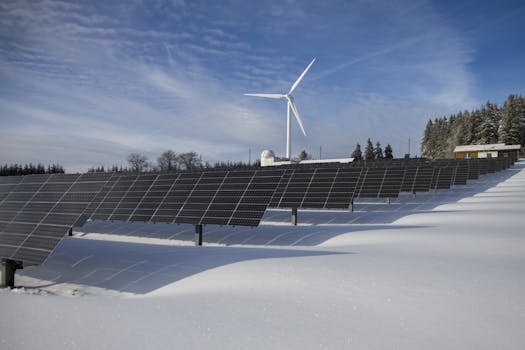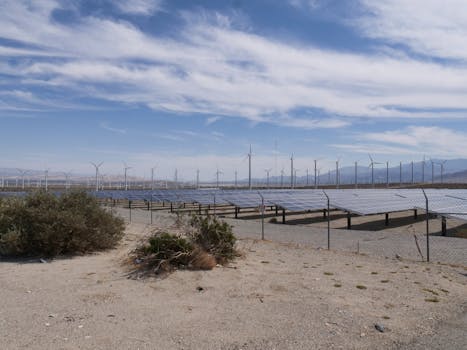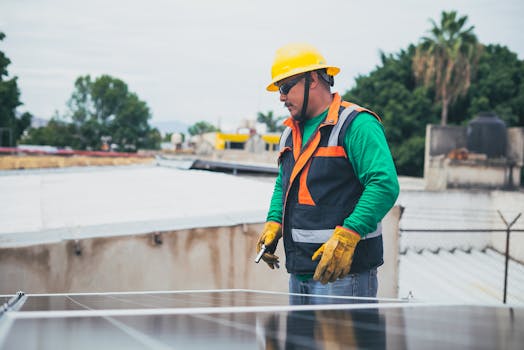The Essential Role of Mechanics in Advancing Renewable Energy Technologies
Takeaways: Mechanics is fundamental in the design, optimization, and maintenance of renewable energy technologies. Understanding mechanical principles can significantly enhance the efficiency and reliability of systems such as wind turbines and solar panels, ultimately contributing to a sustainable future.
As the world moves towards sustainable energy solutions, the role of mechanics in renewable energy technologies becomes increasingly vital. This article delves into how mechanical engineering principles are applied in various renewable energy systems, enhancing their performance and reliability. From wind energy to solar power, mechanics is at the heart of innovation and efficiency.
Understanding the Fundamentals of Mechanics in Renewable Energy

In wind energy, for example, the mechanics of aerodynamics plays a key role in turbine design. Engineers must understand how wind interacts with turbine blades to maximize energy capture. The shape, material, and angle of the blades are all determined through mechanical analysis to ensure optimal performance in varying wind conditions.
Similarly, in solar energy, mechanics is essential in designing photovoltaic panels and solar thermal systems. The structural integrity and thermal performance of these systems depend on a solid understanding of mechanical principles. Engineers use mechanics to analyze stress and strain in materials, ensuring that solar panels can withstand environmental factors such as wind, snow, and temperature changes.
Mechanics in Wind Energy Technologies

The core components of a wind turbine, including the rotor, gearbox, and generator, require precise mechanical engineering to function effectively. For instance, the rotor’s design is critical for capturing wind energy; its size, shape, and material must be optimized to maximize efficiency. Mechanical simulations are often employed to analyze the aerodynamics and structural integrity of rotor designs before they are manufactured.
Moreover, maintenance is a significant aspect of wind energy systems. Mechanics plays a crucial role in the upkeep of wind turbines, ensuring that they operate at peak performance. Regular mechanical inspections can prevent failures and prolong the lifespan of turbines, which are significant investments for energy companies.
Mechanics in Solar Energy Technologies

Mechanical engineers utilize finite element analysis (FEA) to simulate and predict how solar panels will behave under various environmental stresses. This analysis helps in selecting the right materials and design for panels that will be both efficient and durable. The alignment and tracking systems used in solar farms also rely on mechanical principles to ensure that panels receive maximum sunlight throughout the day.
In solar thermal systems, mechanics is critical in designing heat exchangers and storage tanks. The efficiency of these systems depends on the mechanical properties of materials used, as well as the design of piping and fluid flow systems. Engineers must ensure proper insulation and structural integrity to maximize energy retention and minimize losses.
Conclusion




